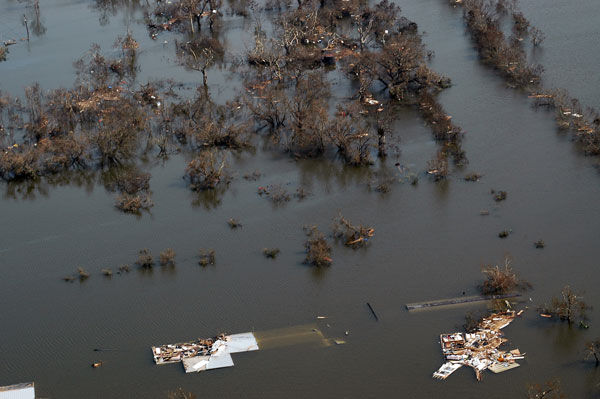A disturbance is an event that causes temporary or lasting damage to an environment.
A disruption can, among other things, result in the elimination of organisms and change the availability of resources. This event can be natural or man-made.
There are numerous natural disturbances: storms, volcanic eruptions, forest fires, droughts, floods, or any other natural disaster. Whatever the form of the natural event, humans have absolutely nothing to do with it.

As for disturbances of human origin, also called anthropogenic disturbances, these also come in different forms. A forest completely cleared by the logging industry destroys the habitat of several animal species. An oil spill in a watercourse greatly disturbs the ecosystem and alters several animal and plant species. People can also make the decision to introduce a new species into an environment. This will have an impact on the community.
The frequency and intensity of disturbances are variable and the different consequences they entail will cause the environment and its community to evolve over time. In an extreme case, for example a forest fire (whether or not of natural origin) where all the vegetation is destroyed, a new community will settle in the environment. We will then witness a process of gradual evolution called ecological succession.
